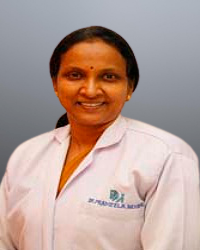Best Doctors for Rectal prolapse in Hyderabad
Rectal prolapse is a medical condition where the rectum, the lower part of the intestine, protrudes or descends through the anus. This occurs primarily due to the weakening of the muscles and ligaments that normally support the rectum. Common contributing factors include chronic constipation, ageing, pregnancy or childbirth, and certain neurological conditions. This condition can substantially affect an individual’s quality of life, leading to discomfort, embarrassment, and potentially more severe health issues if not treated promptly.
At Apollo Hospitals in Hyderabad, the best doctors specialising in rectal prolapse treatment are readily available. The surgeons treating rectal prolapse are dedicated to ensuring patient comfort and employing the most advanced and effective treatment options.






 Call Now
Call Now










